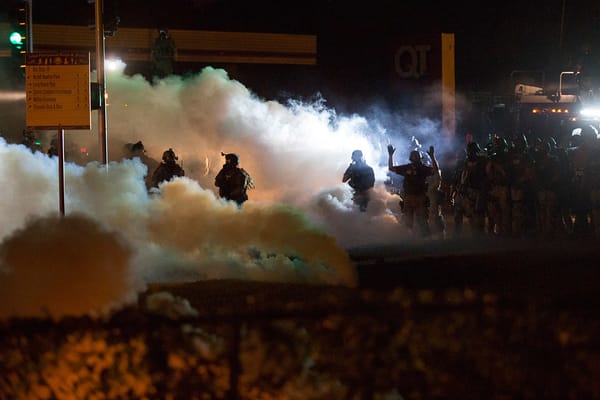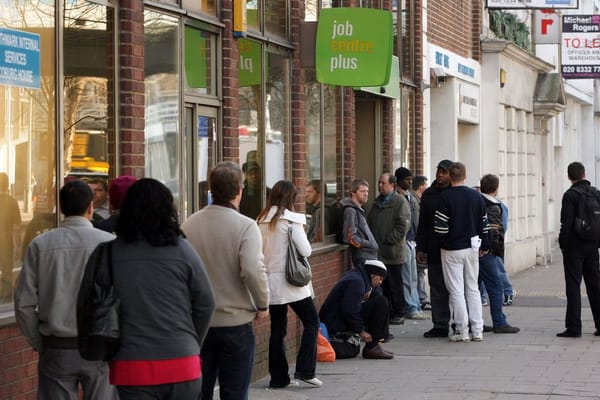The Economics Column: Government Taxation under the microscope
Samuel Bodansky argues that the libertarian world view is neither realistic nor economically viable
When asked about the suggestion that he would keep the flame of Thatcher alive, UKIP leader Nigel Farage said that the Iron Lady was right to reduce the size of the government. Farage is the “turkey who would vote for Christmas”, and is keen to downsize the public sector.
Farage’s remarks are dangerously close to libertarianism: a political movement that has at its roots the lack of government. Recently, this ideology has taken an upturn in popularity, as people question the moral validity of the state.
Libertarians argue for the “zero aggression principle”: the idea that aggression or acts of violence should be avoided at all costs. Since the government enforces tax payments, if an individual does not pay their taxes, people view the government as an immoral institution and think that it should thus have a small a role as possible, perhaps not even existing. The ideal for libertarians is an anarcho-capitalist society, where all trade is conducted on a free market with no government intervention. This means no taxes, and no public expenditure on roads or hospitals.
While it is possible to be blinded by the moral rhetoric of libertarians, their world view is neither realistic nor economically viable.
Certain markets provide items, such as tobacco and pollution, that are classed as ‘demerit goods’. These are over consumed by the free market due to a lack of information. If the people knew how damaging these things were, they would be consumed less. It is the government’s job to use prices to cut tobacco usage by using a ‘Pigovian’ tax (one which is applied to a market activity that is generating negative externalities), increasing the price of tobacco.
The government can redistribute the taxation income from the demerit good on a long term project to help the economy.
Other goods are ‘public’; they fall to the ‘free rider’ principle. For example, if my neighbour buys a missile defence system, I will not need to buy one because they have protected me at no personal charge.
Many items, such as roads and the military, are necessary, but no one would pay for them individually because of this problem. Governments possess the ability to enforce payment so that these vital services are provided.
Also, we know that the ‘invisible hand’ of the market can turn into a fist. Monopolies can often form and increase prices for individuals. This is market failure; government regulation is a vital way of preventing monopoly and market collusion, to keep prices low for the general public.
Libertarianism’s key premise – that violence is never the answer – fails because people often do not know what is best for them. Good governments help provide a stable infrastructure, that allows big business to flourish, and regulates them, to prevent abuse of the market. We need government more than ever in these difficult economic times.









